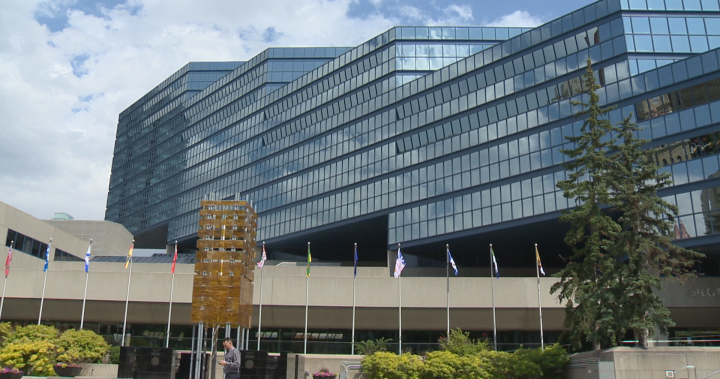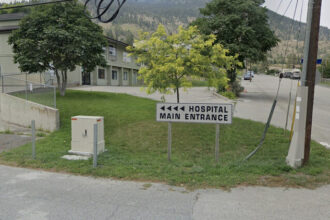In a decisive move signaling growing concerns about organizational efficiency, Calgary city councillors have unanimously endorsed an independent review of the municipal administration following a significant leadership restructuring. The decision comes amid mounting questions about transparency and effectiveness at City Hall, marking a potential turning point in how Canada’s fourth-largest city manages its bureaucratic apparatus.
The motion, introduced by Ward 1 Councillor Sonya Sharp and seconded by Ward 10’s Andre Chabot, received unanimous support during Monday’s council meeting, reflecting rare cross-chamber consensus on an issue that has sparked debate across political lines.
“This is about accountability to Calgarians,” Sharp emphasized during deliberations. “When we see substantial changes in our administrative structure that affect service delivery and potentially impact taxpayer dollars, we have a responsibility to ensure these decisions align with public interest.”
The review comes in the wake of a major reorganization announced by City Manager David Duckworth earlier this month, which eliminated several general manager positions and consolidated departments. While administration characterized these changes as efficiency measures, several councillors expressed frustration about being left in the dark regarding the rationale and implementation timeline.
Mayor Jyoti Gondek, who initially appeared hesitant about the review, ultimately supported the motion. “While operational decisions fall under the city manager’s purview, council’s oversight role requires us to understand the strategic thinking behind significant organizational shifts,” Gondek noted during the session.
The approved motion directs the city auditor to engage an external consultant to evaluate the recent administrative changes, examining their alignment with best practices, fiscal responsibility, and service delivery outcomes. The review is expected to cost between $75,000 and $100,000, with findings due back to council by early 2025.
Councillor Courtney Walcott of Ward 8 emphasized that the review should not be interpreted as a rebuke of administration. “This isn’t about questioning the administration’s authority to organize itself. Rather, it’s about ensuring those changes support our collective vision for Calgary and deliver value to residents,” Walcott stated.
The restructuring represents the most significant administrative overhaul since the city’s previous reorganization in 2021, which was implemented shortly after Duckworth assumed the city manager role. That earlier reshuffling aimed to streamline decision-making processes following criticism about bureaucratic inefficiencies during the COVID-19 pandemic response.
Municipal governance experts note that Calgary’s situation reflects a growing trend across Canadian cities, where councils are increasingly asserting oversight of administrative functions traditionally left to professional staff. Dr. Enid Slack, Director of the Institute on Municipal Finance and Governance at the University of Toronto, observes that “the line between policy and administration has become increasingly blurred in modern municipal governance, creating natural tension points between elected officials and professional administrators.”
For Calgary taxpayers, the review potentially represents a step toward greater transparency in how their city operates. Public interest in municipal governance has intensified following several high-profile infrastructure projects that faced cost overruns and delays, including the troubled Green Line LRT expansion.
Business community representatives have cautiously welcomed the move. Calgary Chamber of Commerce President Deborah Yedlin commented, “The business community values predictability and efficiency in city operations. If this review helps clarify roles and streamline processes, it could ultimately create a more responsive environment for economic development.”
The council-backed review adds another layer of scrutiny to Calgary’s city administration, which is already managing significant challenges including downtown revitalization efforts, affordable housing pressures, and ongoing public transit developments amid post-pandemic recovery.
As Calgary continues navigating complex urban challenges while managing taxpayer expectations, the fundamental question remains: Will this administrative review lead to meaningful improvements in how the city delivers services, or simply add another layer to the already complex relationship between elected officials and professional administrators?

























